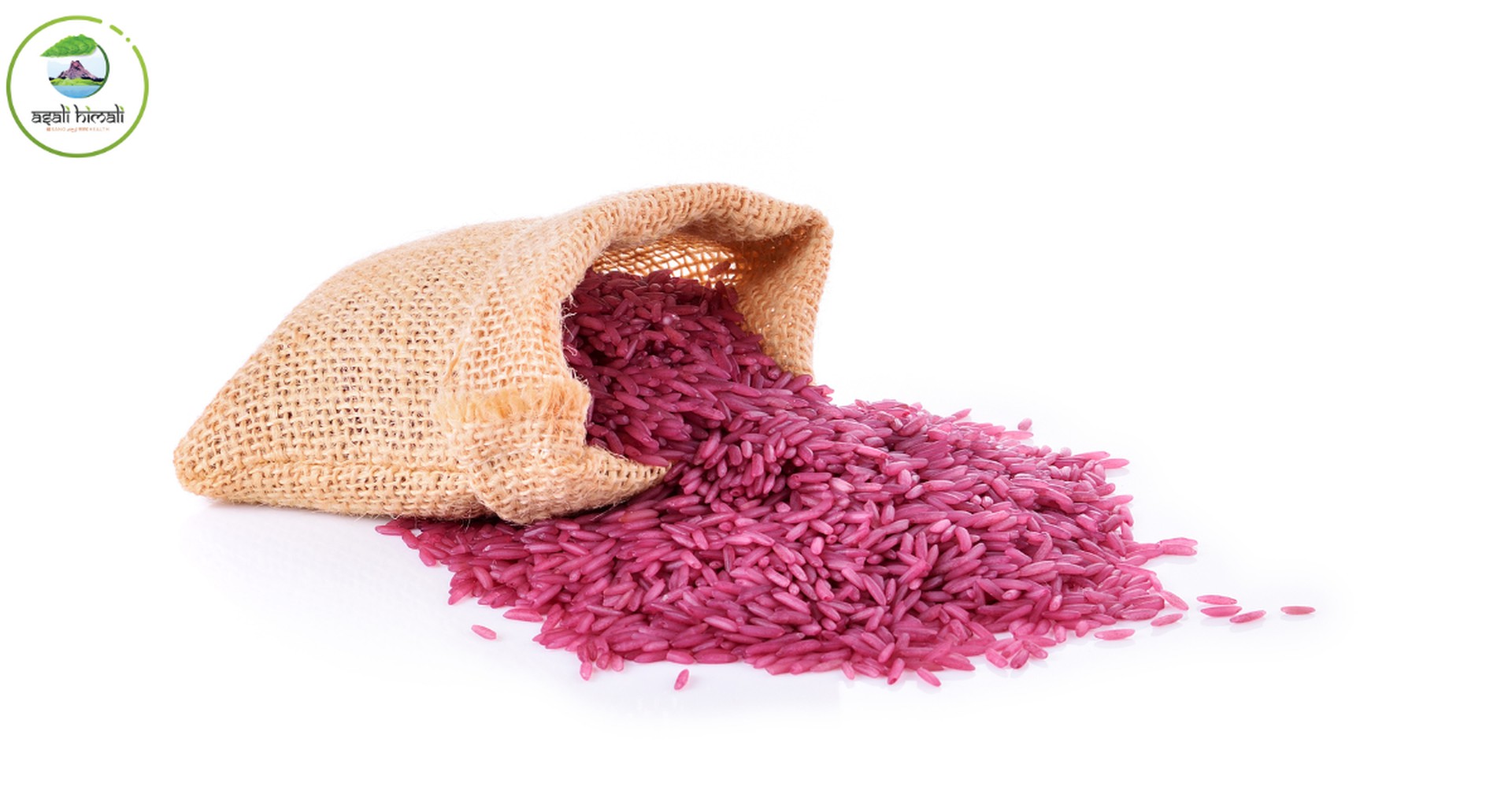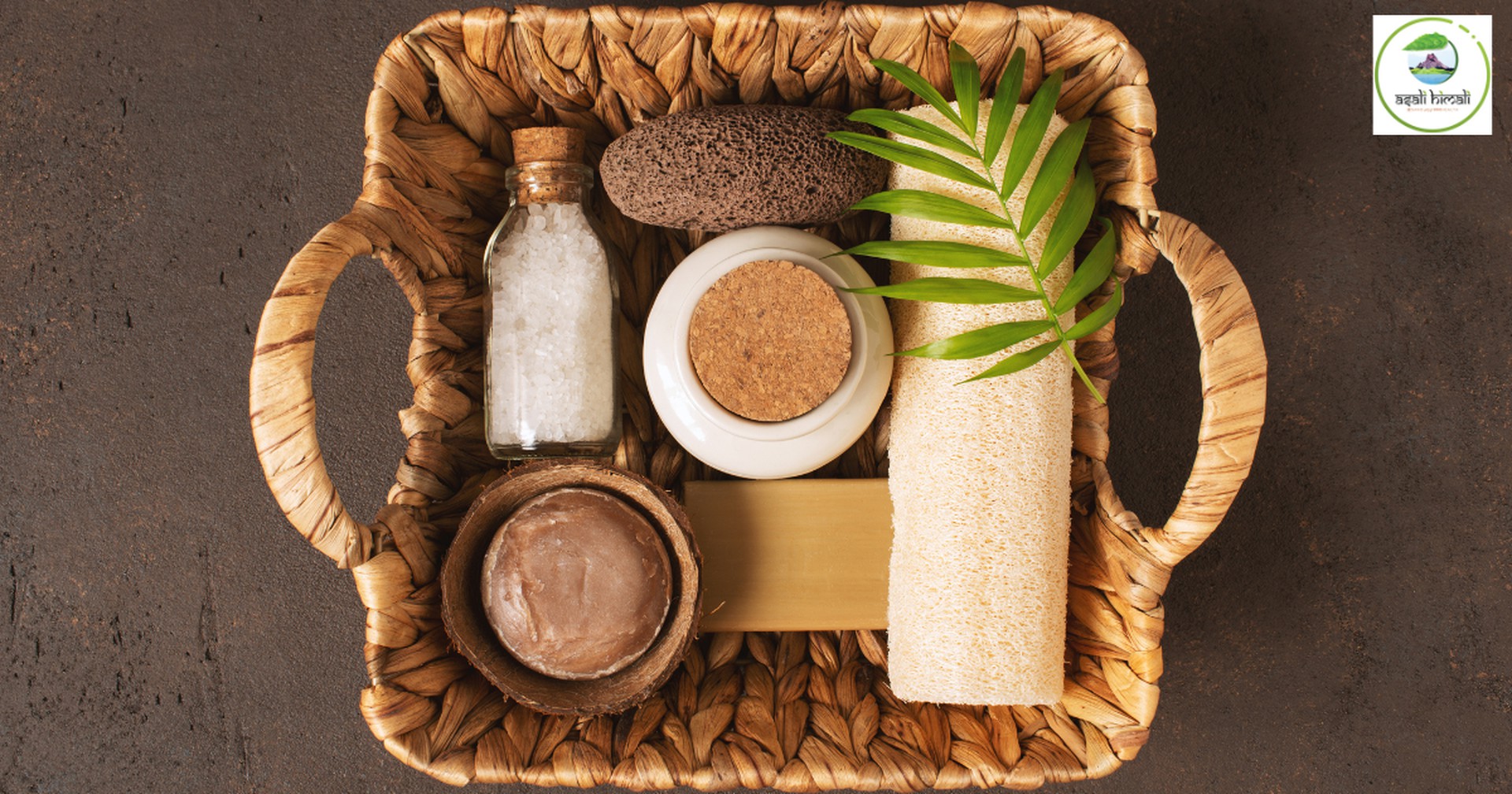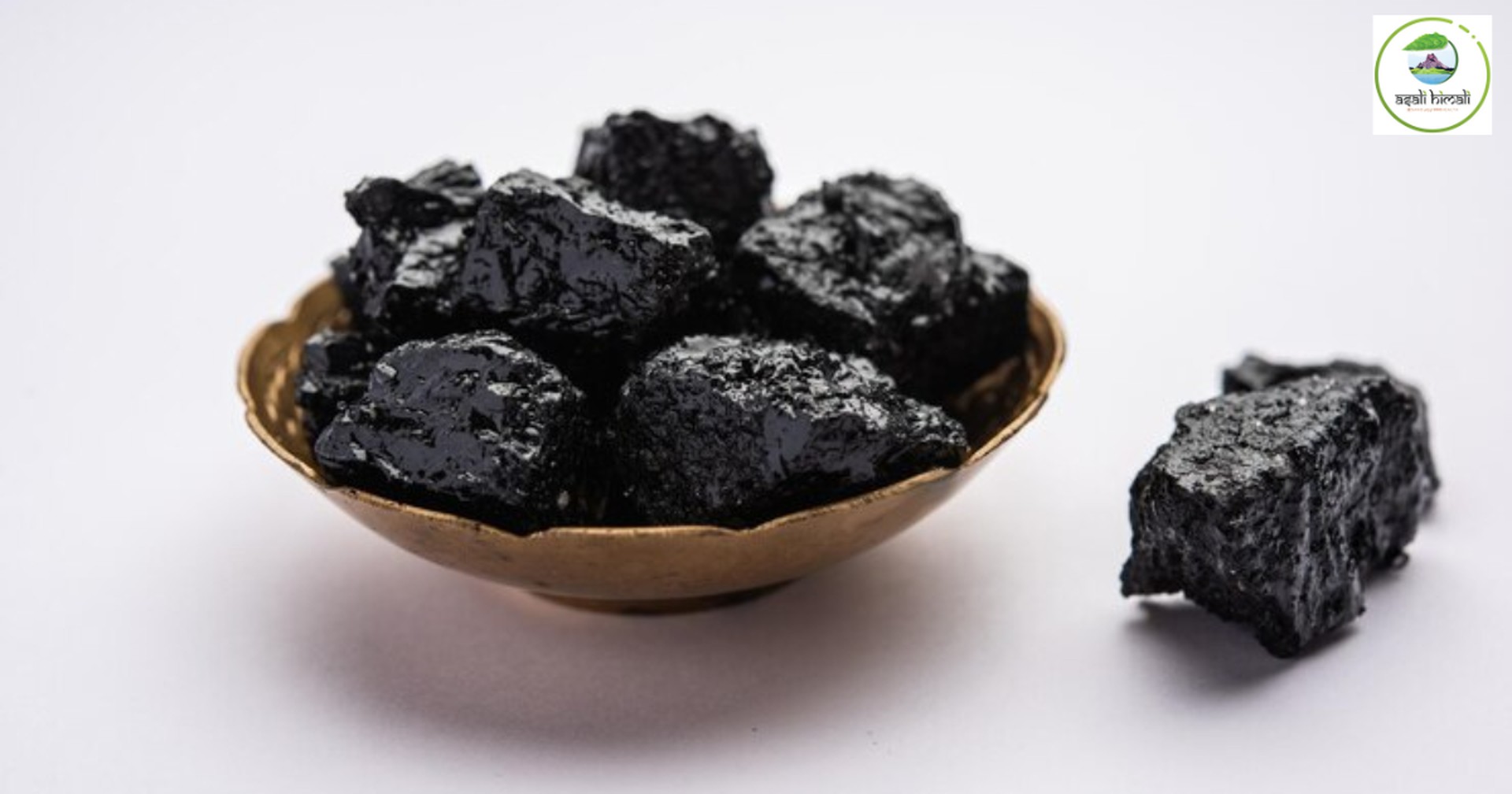Rice is a staple food for billions of people worldwide, and its consumption dates back thousands of years. While rice is often associated with carbohydrates and calories, it offers a wide range of health benefits that go beyond mere sustenance. In this comprehensive guide, we will delve into the numerous health benefits of eating rice, with a particular focus on the remarkable advantages of Marsi rice.
Understanding Rice Varieties
Rice comes in various varieties, each with its unique characteristics and nutritional profiles. One of the lesser-known but highly nutritious rice types is Marsi rice. Before we delve into its benefits, let's briefly explore different rice varieties:
- White Rice: This is the most common type of rice, with the outer bran layer and germ removed during milling. It is often criticized for being less nutritious, but it still provides essential carbohydrates.
- Brown Rice: Unlike white rice, brown rice retains its bran layer and germ, making it a healthier choice. It is rich in fiber, vitamins, and minerals, providing sustained energy and various health benefits.
- Marsi Rice: Marsi rice is a special variety known for its unique aroma and distinct flavor. Grown primarily in the Himalayan region, Marsi rice is an excellent source of essential nutrients, making it a remarkable choice for health-conscious individuals.
The Nutritional Value of Marsi Rice
Marsi rice, also known as "Marsi Lahijan," stands out due to its exceptional nutritional composition. Here's a closer look at its nutritional value:
- Carbohydrates: Marsi rice is primarily a source of complex carbohydrates, which are vital for providing energy to the body. These carbohydrates are slowly digested, ensuring sustained energy levels throughout the day.
- Fiber: Marsi rice contains a significant amount of dietary fiber, promoting healthy digestion and preventing constipation. Fiber also helps regulate blood sugar levels.
- Protein: While rice is not as protein-rich as other grains, Marsi rice still provides a moderate amount of protein, essential for muscle growth and repair.
- Vitamins: Marsi rice contains several vitamins, including B vitamins such as thiamine, niacin, and vitamin B6. These vitamins play a crucial role in metabolism and overall health.
- Minerals: This rice variety is a good source of minerals like manganese, magnesium, and phosphorus. These minerals are essential for bone health, nerve function, and energy production.
Health Benefits of Marsi Rice
Now that we've explored the nutritional value of Marsi rice, let's delve into its specific health benefits:
- Improved Digestion: Marsi rice's high fiber content aids digestion by promoting regular bowel movements and preventing gastrointestinal issues like constipation.
- Weight Management: The slow-digesting carbohydrates in Marsi rice help you feel full for longer, reducing the urge to snack between meals and aiding in weight management.
- Steady Energy Release: The complex carbohydrates in Marsi rice provide a consistent supply of energy without causing rapid spikes and crashes in blood sugar levels.
- Heart Health: The low-fat content and absence of cholesterol in Marsi rice make it heart-healthy. Additionally, its potassium content helps regulate blood pressure.
- Bone Health: The minerals found in Marsi rice, such as manganese and phosphorus, contribute to strong and healthy bones.
- Improved Metabolism: The B vitamins in Marsi rice play a vital role in metabolism, converting food into energy and supporting overall bodily functions.
- Antioxidant Properties: Marsi rice contains antioxidants that help protect cells from damage caused by free radicals, reducing the risk of chronic diseases.
- Gluten-Free: Marsi rice is naturally gluten-free, making it an excellent choice for individuals with gluten sensitivities or celiac disease.
FAQs About Marsi Rice
Here are some frequently asked questions about Marsi rice:
1. Where is Marsi rice grown?
Marsi rice is primarily grown in the Himalayan region, with significant cultivation in the Himalayan region of Nepal, specifically Far West.
2. How does Marsi rice differ from other rice varieties?
Marsi rice is known for its distinct aroma, slightly nutty flavor, and superior nutritional profile compared to many other rice varieties.
3. Can Marsi rice be part of a weight loss diet?
Yes, Marsi rice can be a valuable component of a weight loss diet due to its high fiber content, which promotes satiety and reduces overeating.
4. Is Marsi rice suitable for individuals with diabetes?
Yes, Marsi rice has a low glycemic index, meaning it has a minimal impact on blood sugar levels. However, portion control is still essential for managing diabetes.
5. How should Marsi rice be cooked?
Marsi rice can be cooked in various ways, such as boiling, steaming, or using a rice cooker. It's typically cooked with a water-to-rice ratio of 2:1.
6. Can Marsi rice be included in a gluten-free diet?
Absolutely. Marsi rice is naturally gluten-free, making it an ideal choice for individuals with gluten sensitivities or celiac disease.
7. Is Marsi rice suitable for vegans and vegetarians?
Yes, Marsi rice is a vegan and vegetarian-friendly food source and can be incorporated into a variety of plant-based dishes.
Conclusion
In conclusion, Marsi rice is not only a delicious and aromatic rice variety but also a highly nutritious choice with numerous health benefits. Its rich fiber content, vitamins, minerals, and slow-digesting carbohydrates make it an excellent addition to a balanced diet. Whether you're looking to improve your digestion, manage your weight, or support your overall health, Marsi rice is a versatile and health-conscious option to consider. So, why not savor a bowl of Marsi rice today and enjoy both its delightful taste and healthful advantages?








